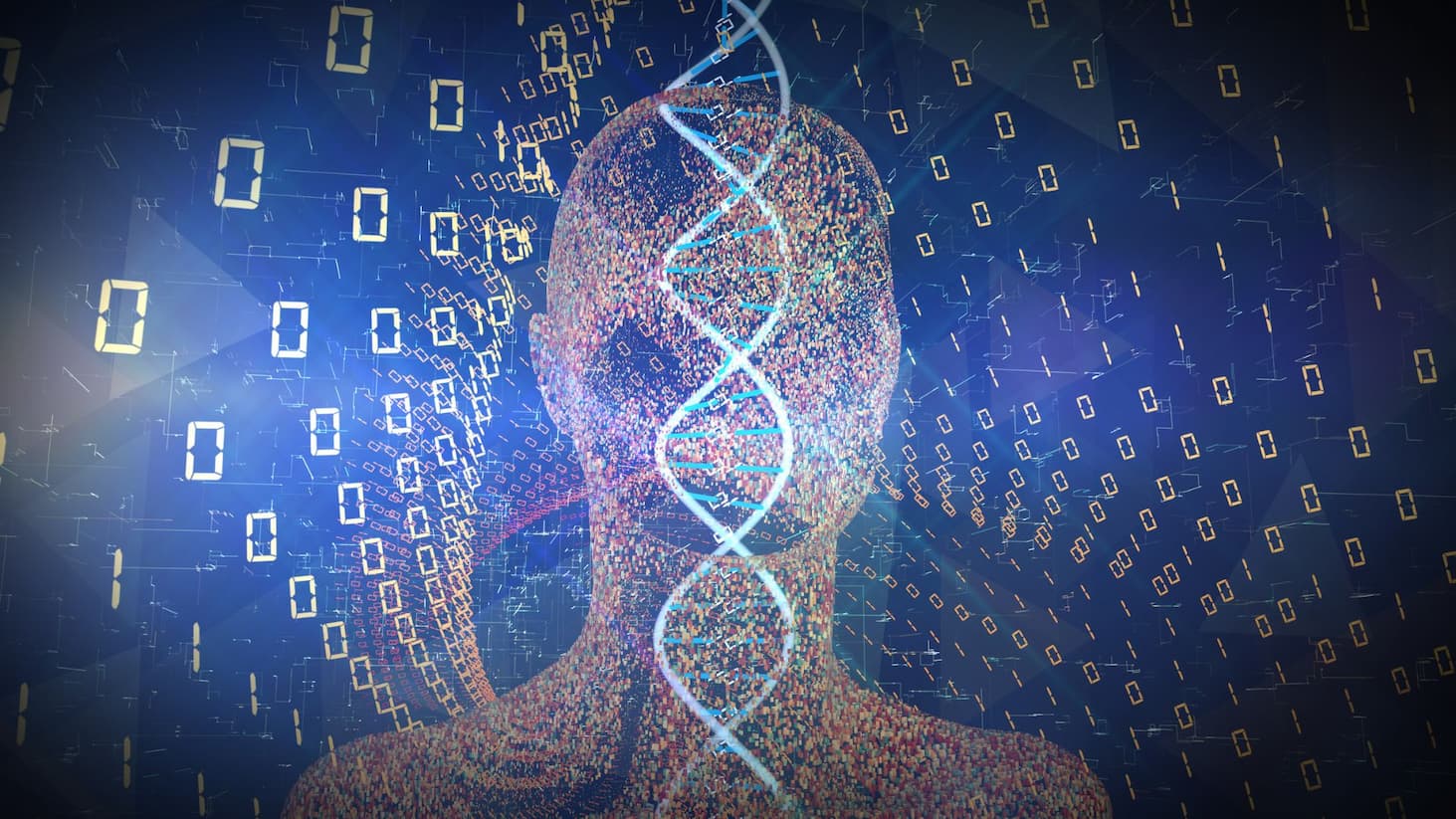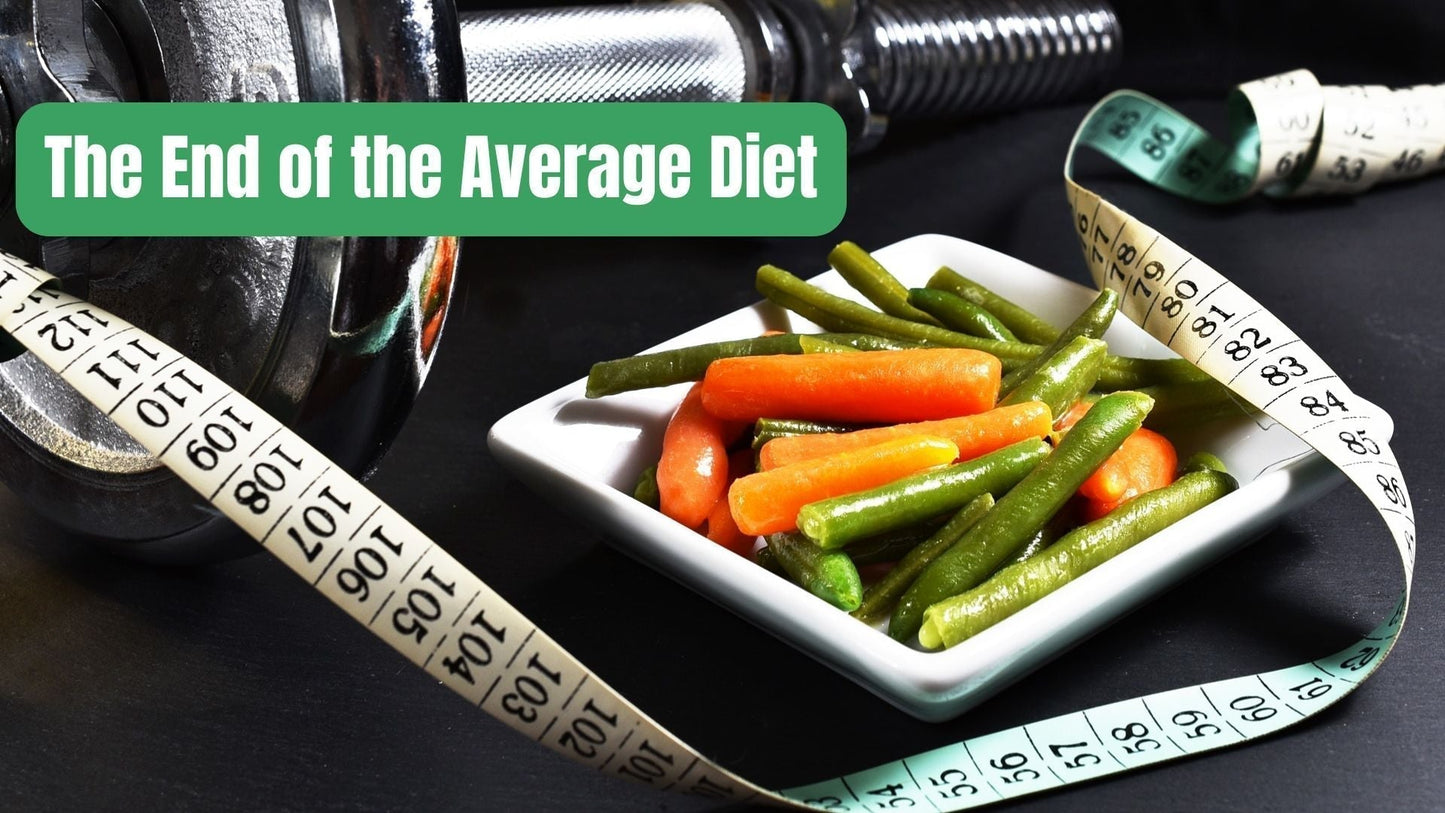The Future of Nutrition: From Precision to Prediction
For decades, nutrition advice has followed the same pattern: eat less, move more, balance your macros, and avoid ultra-processed foods. Sensible? Yes. Sufficient? Not anymore.
We now live in the age of precision nutrition — where your diet, supplements, training, and recovery are guided not by generic rules but by measurable data from your DNA, blood work, hormones, sleep, and even mood states. It’s the convergence of biotechnology and behavioural science, supported by a growing body of evidence that our genes, microbiome, and metabolism interact in highly individual ways.
The concept is simple but revolutionary: instead of asking, “What’s the best diet?”, the right question becomes “What’s the best diet for me — right now?”
Behind every blood marker and DNA report is a human being with hopes, habits, and patterns. The future of nutrition isn’t purely scientific; it’s psychological — built on the science of behaviour change, motivation, and the belief that transformation is possible.

DNA: The Blueprint That Informs the Build
DNA testing is no longer a fringe concept. I first explored it back in 2002, when early panels looked at just a few genetic “snips” (SNPs). The insights were crude, yet they hinted at something powerful — the possibility of tailoring nutrition and exercise based on genetic tendencies.
Modern genetic analysis covers hundreds of thousands of markers, translating your biological code into meaningful guidance:
- Detoxification capacity: how efficiently your liver clears toxins — or whether it needs support from sulforaphane, NAC, and cruciferous vegetables.
- Inflammation genes (IL-6, TNF-α): carriers of pro-inflammatory variants may require higher omega-3 and polyphenol intake.
- Antioxidant enzyme function (SOD, GPX, GSTM1): deficiencies suggest increased need for minerals like zinc, copper, and manganese.
- Methylation efficiency (MTHFR, MTRR): affects detoxification, mood, and longevity through regulation of homocysteine.
- Cognition, sleep, and recovery genes: influence caffeine sensitivity, sleep needs, and training adaptability.
Your DNA is the blueprint — but not the destiny. As epigenetics shows, gene expression is flexible. Sleep, stress, nutrition, and exercise all act as switches that turn genes on or off. The new paradigm is empowerment: understand your tendencies, then modulate them through environment and behaviour.

Blood Chemistry: The Real-Time Dashboard
If your DNA is the blueprint, your blood chemistry is the dashboard. It shows what’s happening right now — how effectively your nutrition and training plan are working in practice.
Functional analysis looks beyond “normal” lab ranges to identify optimal patterns of energy, recovery, and resilience. Core metrics include:
- Glucose, insulin & HOMA-IR — reveals carbohydrate efficiency and early insulin resistance.
- Lipid profile — focusing on ratios like triglyceride:HDL for cardiometabolic prediction.
- Liver enzymes (ALT, GGT) — markers for detox and fatty liver risk.
- Homocysteine — reflects B12, folate, and B6 status.
- hs-CRP & fibrinogen — indicators of inflammation and blood viscosity.
- Thyroid panel (TSH, FT3, FT4, rT3) — critical for energy and metabolism.
Regular blood testing every 6–12 months allows fine-tuning of diet and supplementation. Data from red cell (RBC) mineral panels add another layer, reflecting intracellular mineral balance more accurately than serum tests — crucial for antioxidant enzymes like SOD and glutathione peroxidase.
Hormonal Panels: The Metabolic Conductors
- Cortisol rhythm testing: reveals stress load and circadian alignment.
- DHEA, testosterone, oestradiol: determine anabolic-catabolic balance.
- Thyroid and leptin: regulate metabolism and appetite.
- Insulin and IGF-1: guide fasting and protein timing.
The Red Cell Mineral Matrix
Within the precision model, RBC mineral analysis bridges DNA predisposition and biochemical function. For example, a DNA report may show lower antioxidant enzyme potential (SOD variants); the RBC test confirms whether zinc or copper are actually low — enabling proactive correction before oxidative stress builds.

Sleep: The Recovery Operating System
Every data point improves with quality sleep. Even mild sleep restriction affects glucose metabolism, appetite hormones, and inflammation. Tools like Oura, Whoop, and Apple Watch now quantify REM, deep sleep, HRV, and recovery — turning rest into data-driven insight.
- If HRV drops — add restorative practices like breathwork, sauna, or naps.
- If sleep duration worsens — manage blood sugar, caffeine, and light exposure.
- If cortisol rhythm flattens — restore circadian rhythm with morning light and early meals.
Mood Tracking: The Missing Link
Even the perfect diet fails if it doesn’t support mood and motivation. Mood states reflect neurotransmitter balance, inflammation, and micronutrient sufficiency:
- Low serotonin/dopamine = low B-vitamin status or methylation inefficiency.
- High inflammation impairs mood and energy.
- Blood sugar swings trigger irritability and brain fog.
Regular journaling or mood-tracking apps link nutrition to emotional wellbeing — forming the psychological half of precision nutrition.
The Role of AI and Sensor Technology
The next frontier is automation. AI now powers glucose monitors, metabolic sensors, and smart supplements. Platforms integrating DNA, microbiome, and metabolic data can predict food responses before you eat them.
- AI-driven photo tracking estimates nutrient intake.
- Wearable sensors detect unique glucose responses.
- Smart supplements adjust dosage based on biomarkers.
What was once “biohacking” is becoming mainstream healthcare.
The Ethics, Psychology, and Future of Precision Nutrition
Precision nutrition is powerful — but data must be contextualized with mindset. Genes load the gun, but lifestyle pulls the trigger. Awareness, not anxiety, is the goal.
True transformation depends on behaviour change — built on autonomy, competence, and connection. Hope theory reframes health as a journey of agency and adaptation. Positive psychology and even Jungian archetypes remind us that nutrition is a form of self-expression and alignment, not control.
Ultimately, the next frontier of precision health won’t just decode our biology — it will decode our motives.
The future isn’t one-size-fits-all — it’s one-size-fits-you.






